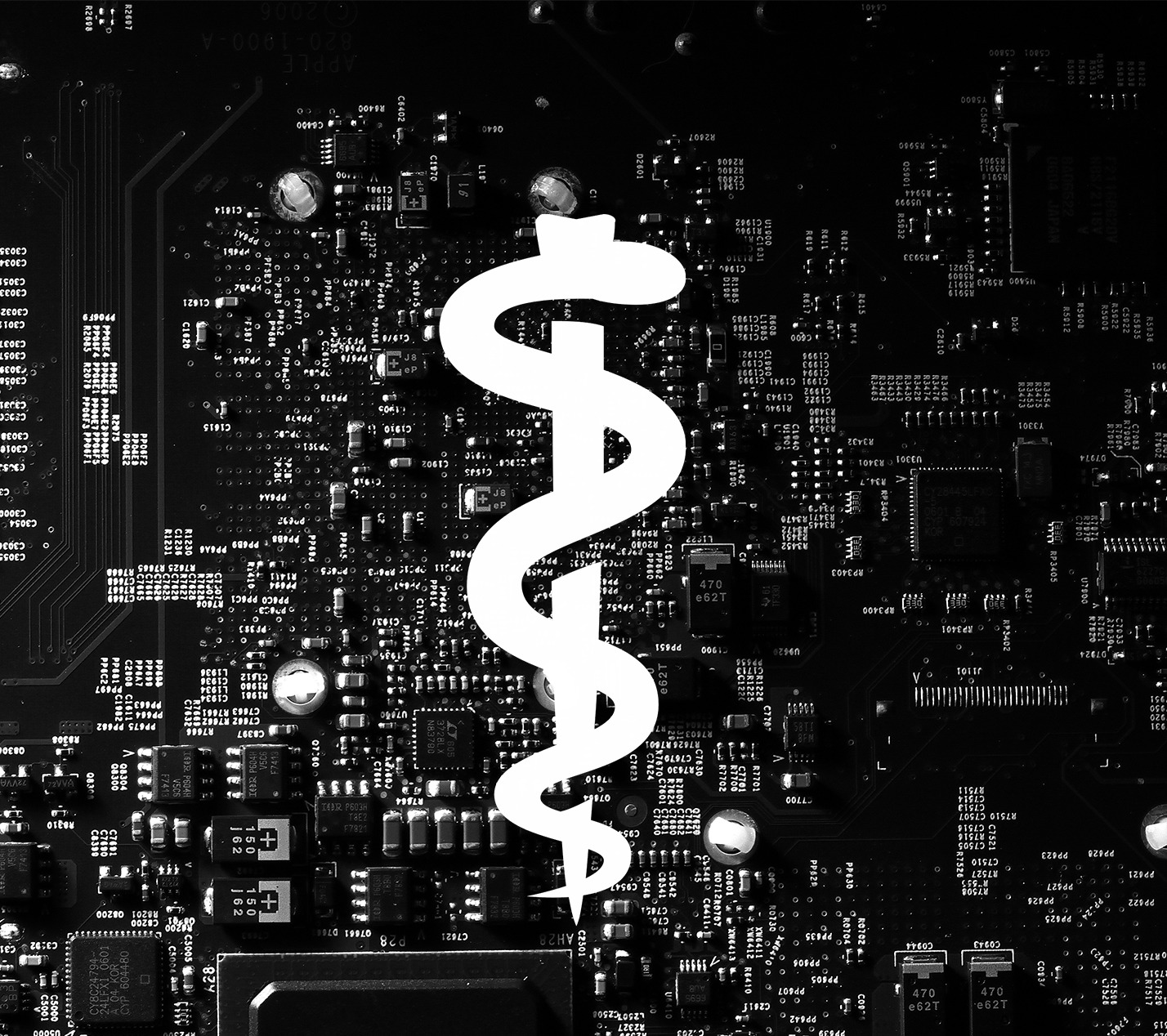
Building Trust In the Health Data Ecosystem
Summary
Pending bipartisan “Cures 2.0” legislation is intended to safely and efficiently modernize healthcare delivery in the wake of the novel coronavirus (COVID-19) pandemic. Such modernization is contingent on access to high-quality data to power innovation and guided decision-making. Yet over 80% of Americans feel that the potential risks of companies collecting their data outweigh the benefits. To ensure the success of Cures 2.0, provisions must be added that bolster public trust in how health data are used.
Addressing the largely unregulated activities of data brokers — businesses that collect, sell, and/or license brokered personal information — offers a budget-neutral solution to the public’s crisis of faith in privacy. Building a well-governed health-data ecosystem that the public can trust is essential to improving healthcare in the United States.
As people wait for this catastrophic grid failure to be remedied, much of southeast Texas, which includes Houston, is enduring dangerous, extreme heat with no air conditioning amid an ongoing heatwave.
The federal government plays a critical role in scaling up heat resilience interventions through research and development, regulations, standards, guidance, funding sources, and other policy levers. But what are the transformational policy opportunities for action?
Comprehensive heat safety standards are essential to mitigate the impacts of climate change on farmworkers and ensure the sustainability and resilience of agricultural operations.
Public deliberation, when performed well, can lead to more transparency, accountability to the public, and the emergence of ideas that would otherwise go unnoticed.